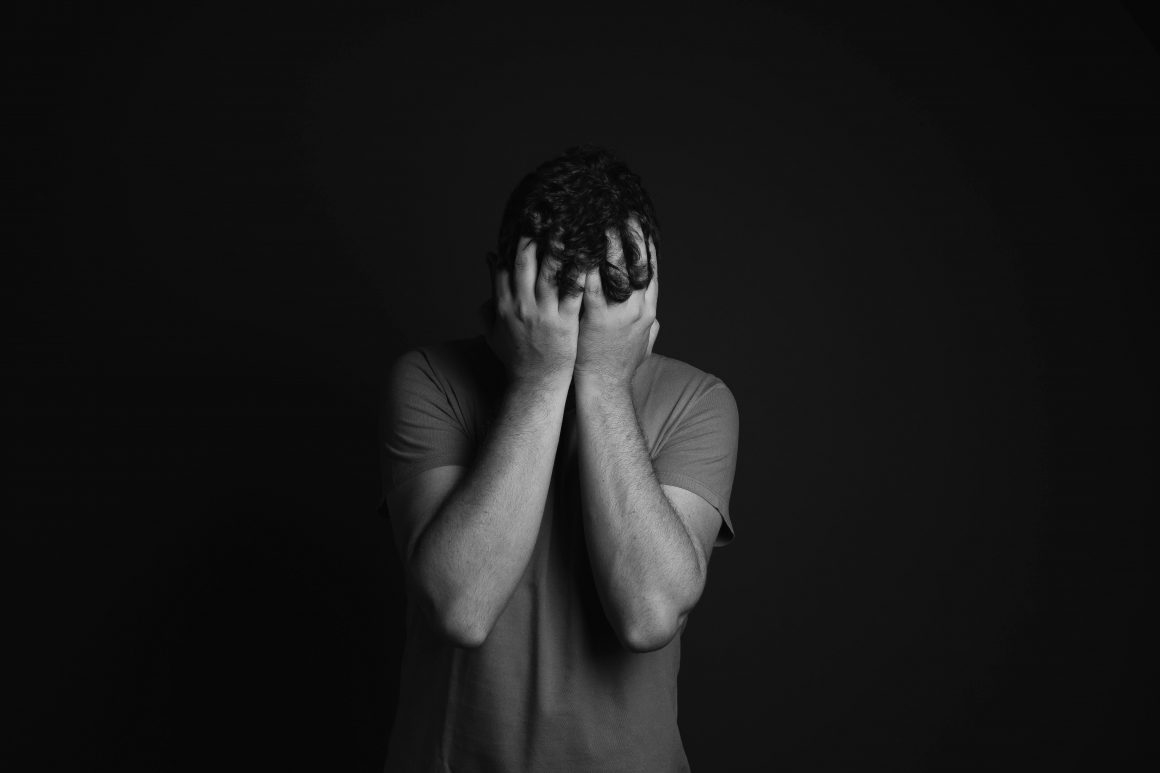
Do stricter parents produce ‘well-behaved’ children or mentally troubled individuals?
By Temitope Sowunmi, January 7 2025—
The “spare the rod and spoil the child” narrative from the Bible significantly influences societal mental health issues, more than is often acknowledged. When interpreted extremely, as many parents do, it suggests that children need aggressive discipline to avoid becoming societal problems. However, what happens when these children grow up with self-esteem issues, perfectionism, or an inability to stand up for themselves? We end up facing a mental health crisis.
Strict parenting exists on a spectrum—from setting rules like curfews and expecting good grades to using physical punishment and preventing a child from defending themselves when scolded. The line between the extreme end of this spectrum and child abuse is very thin, and these can overlap. This article focuses on strict parenting at this extreme and its overlap with abuse.
The belief that strict parents raise the best-behaved children seems fallacious. While strict parents may raise well-functioning members of society, they can also raise individuals who are emotionally shut down or dysfunctional. Children are different—they react to situations differently, think differently, and forgive in various ways. They socialize differently and develop their personalities based on their experiences and the people around them. Thus, parents must understand each child as an individual and meet their unique needs.
When people describe “well-behaved” children, they often mean quiet, obedient kids who don’t cause trouble. But compliance on the outside doesn’t equate to mental stability. Sometimes, good behaviour masks fear, trauma, or lack of confidence. Conversely, strict, dictatorial parenting can lead to overly emotional or rebellious children, especially if natural leadership traits are suppressed early on.
The emotional scars from strict parenting—yelling, hitting, or suppressing a child’s voice—can impede the formation of healthy relationships and lead to lifelong anxiety and self-deprecating behaviour. Studies show many mental health issues can be traced back to childhood trauma and parenting styles. Parents raised in authoritarian households may unintentionally repeat harmful patterns, perpetuating the cycle. Moreover, many parents have unchecked mental health issues and inadvertently inflict pain on their children. Physical punishment may not serve as ‘correction’ or ‘discipline’ but rather as an expression of poor anger management and dominance.
This trauma cycle is deeply entrenched in cultural and religious beliefs that mistakenly glorify strict parenting as the ideal way to rear responsible adults. It’s time for parents to confront a crucial question: Are we truly fostering children who are genuinely responsible and mentally healthy, or are we blindly perpetuating a legacy of trauma from one generation to the next? The future of our society depends on breaking this cycle, and it begins with redefining our approach to parenting by emphasizing compassion, understanding, and emotional wellness above outdated doctrines of discipline.
This article is a part of our Opinions section and does not necessarily reflect the views of the Gauntlet editorial board.
